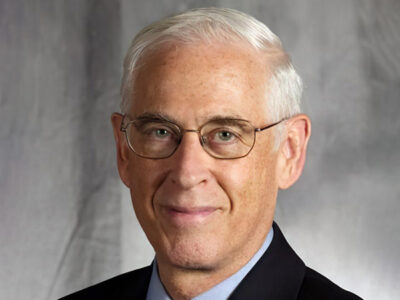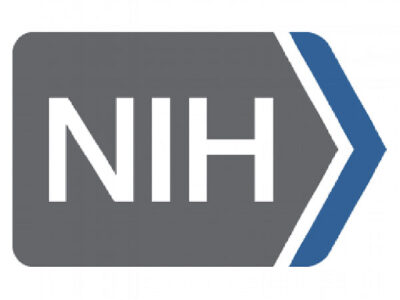Through a combination of payment reductions, some provisions of the 2019 Medicare Physician Fee Schedule proposed rule will undermine access to cancer care for Medicare beneficiaries, the American Society of Clinical Oncology wrote in a comment letter to the Centers for Medicare & Medicaid Services.
The discussions that took place in the executive offices of Memorial Sloan Kettering Cancer Center over the past week aren't publicly known. Ditto conversations at top-tier medical journals and professional societies, which are assessing the aftermath of José Baselga's systematic failure to disclose his conflicts of interest.
José Baselga has resigned from his position as physician-in-chief and chief medical officer of Memorial Sloan Kettering Cancer Center less than a week after The New York Times and ProPublica reported that he had failed to disclose his conflicts of interest in scientific and medical journals and at professional meetings.
José Baselga, physician-in-chief and chief medical officer of Memorial Sloan Kettering Cancer Center, has apologized to his executive team for “failing to make appropriate disclosures in scientific and medical journals and at professional meetings.”
Moody Wharam Jr., professor emeritus of radiation oncology and molecular radiation sciences, and former Willard and Lillian Hackerman Professor of Radiation Oncology at the Johns Hopkins Kimmel Cancer Center, died Aug. 10 at age 77.
John Mendelsohn has retired from MD Anderson Cancer Center, which he served as president for 15 years, from 1996 to 2011.
Vinay Prasad, a cyber-iconoclast for all things cancer, appears to have closed the Twitter account that made him a brand in oncology.
A working group formed by NCI Director Ned Sharpless has recommended that the institute devote additional funds informatics researchers could use to harmonize existing cancer datasets.
Jim Cox, professor emeritus in radiation oncology at the University of Texas MD Anderson Cancer Center, passed away on Aug. 14. He was 80.
The US Senate Aug. 23 passed a spending bill that will increase the NIH budget by $2 billion to $39.1 billion—a 5.4 percent boost over the current level.














